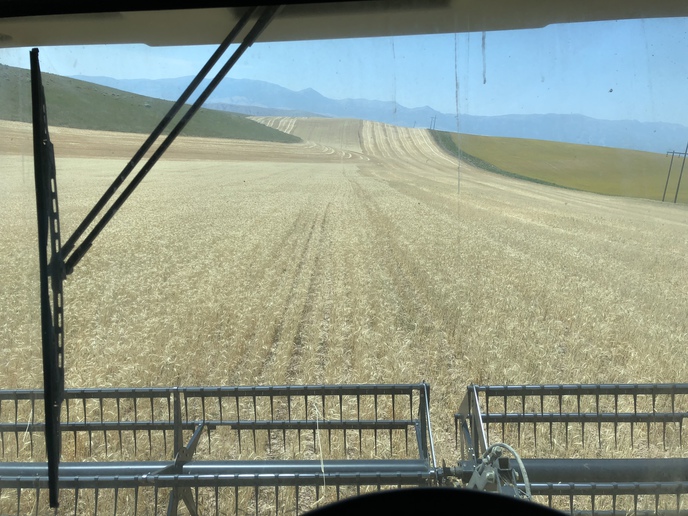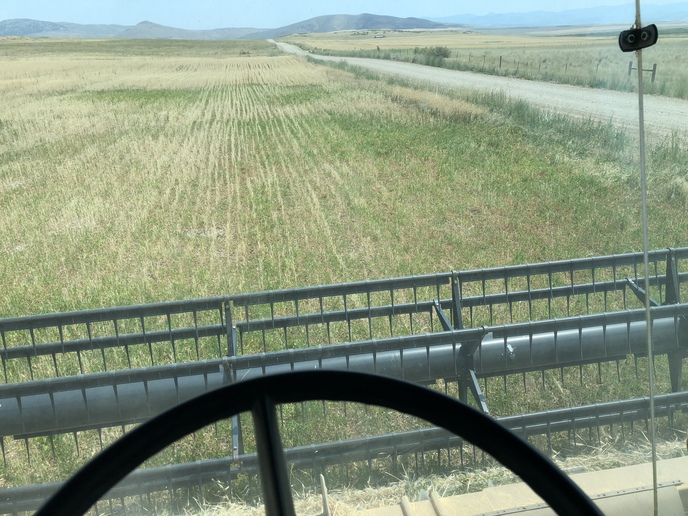Actually, I'm for the smaller organic farms to work it out and make it go.
I just want to be realistic about it.
Organic is hard. It takes a lot of thought and planning.
You need to be in weed patrol from morning to night. Before you see the weeds.
You need to organize how you will feed your crops, and how you will sell your crops. Both of these are very different, specialized, rare. You need a plan out ahead of yourself several years to get this right. It is work to understand and create a long term organic farm. These plans are critical. It is easy to fail, and there are no easy rescues if something goes wrong.
The paperwork for a certified organic operation is huge. It's good, it forces you to consider the above, but it is time consuming.
Your messages are all birds singing, organic is easy, everyone should do it, income is double....
Well, I think you message is a lot of fertilizer there......
Organic farming takes a lot of time, money, planning, and research. Much more than you admit to.
You mention a garden often, and if you just have an organic garden, so do millions of other people. Then they go to the store for 75% of their food.....
If you want to be a growing, income producing, responsible and progressive organic farm, you are in for a lot of work, a lot of up front costs, and a lot of paperwork. Returns won't come back for 3-5 years so you better start with a lot of cash. And a very serious work ethic.
I want the casual reader here to know what it's all about, not the typical 'organic is easy and natural and get rich quick just sit and watch your crops grow' drivel we often see on the internet.
There are many many hard working, successful organic producers here an on other farm forums. When they talk about farming and farm issues and the realities of it, they are welcomed.
When they sing and dance how easy it is and how it's all about hating one company only, well then they are marginalized. It's an agenda by people typing, not a reality.
I've never really heard you talk about anything organic other than you grow a liitle garden and everyone else should go organic? Maybe it's time for you to chip in with something real here too?
If you grow a garden and pine away for the old ways while sitting in your air conditioned house in the comfy recliner, that is cool. But you aren't really talking reality then.
I really want newcomers to make organic farming work. I'm not a sideline cheerleader.
I assume we shall always butt heads on this, as you appear to be a sideline cheerleader to me. Or as someone said, the kid with the stick, looking for a hornets nest to poke.
To all the organic producers out there, I enjoy your efforts from time to time, and I realize you are too busy killing weeds to join in on this conversation..... we share the same basic farming challenges, what we do is the same thing, you have a more limited set of rules, less options. Sure glad you and your customers have a chance to do your thing.
I encourage anyone interested to check it out, but it is a long term game, it isn't cheap, and it is a -lot- of work, not much different than regular farming. You get chances at much higher crop prices, but much of that is eaten up with higher costs, longer waiting times to get paid, and more critical price discounts. Having some sort of natural advantage sure helps you get started - next to a market, next to an organic fertilizer source, some special good ground you own, something to your advantage. Almost need that.
We need to be realistic.
Paul




